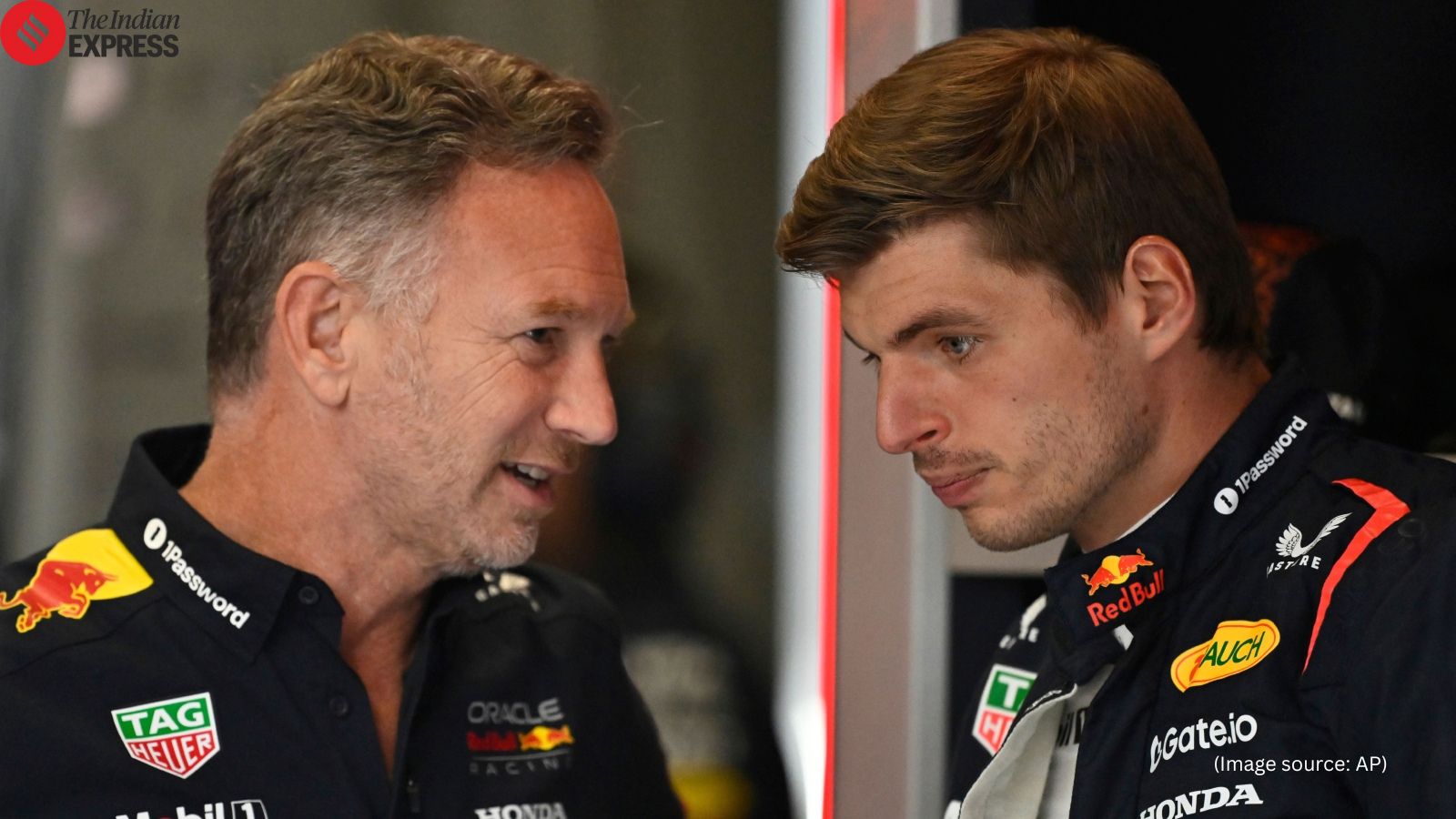In the whirlwind wake of Christian Horner`s sudden and seismic departure from Red Bull Racing, a new name has emerged from the relative calm of their sister team to take the reins: Laurent Mekies. His appointment is more than just a personnel change; it signifies a pivotal moment for the dominant Formula 1 team, potentially charting a new course under drastically different leadership.
Mekies, a Frenchman with deep roots across the F1 paddock, steps up from his recent role as Team Principal at Racing Bulls (formerly AlphaTauri, formerly Toro Rosso – keeping track is a sport in itself). While not a front-page celebrity like his predecessor, Mekies brings a wealth of technical and managerial experience forged over two decades at virtually every level of the sport.
A Career Forged in the Paddock
Born in 1977, Mekies` journey began with a solid engineering foundation, studying in Paris and then at Loughborough. His F1 career proper kicked off in 2001 with Arrows, a team known for punching above its weight before its eventual demise. He then transitioned to Minardi, the plucky Italian squad famous for giving future champions their starts.
When Red Bull acquired Minardi and transformed it into Toro Rosso, Mekies remained a key figure, eventually heading up vehicle performance. He was part of the inner circle when a young Sebastian Vettel delivered a stunning, rain-soaked victory at Monza in 2008, a moment that proved the junior team was capable of giant-killing feats.
After his initial tenure within the Red Bull family, Mekies took a fascinating detour to the sport`s governing body, the FIA. As Safety Director, he played a crucial role in developing and implementing the Halo cockpit protection device – a piece of equipment initially met with skepticism, but now universally accepted and credited with saving lives. It`s perhaps a touch ironic that a man who championed physical safety is now tasked with navigating the politically charged and inherently unstable environment of F1`s top team.
His next significant move was to the hallowed grounds of Maranello, joining Ferrari. His arrival wasn`t without controversy, with rivals raising eyebrows over the apparent lack of `gardening leave` – a period intended to prevent personnel from immediately taking sensitive knowledge to a competitor. At Ferrari, Mekies climbed the hierarchy, serving as Sporting Director and later Deputy Team Principal and Racing Director. He was seen as a calm presence during often turbulent times for the Scuderia, gaining invaluable experience managing complex operations at the sharp end of the grid.
Return to the Red Bull Orbit and the Ricciardo Interlude
The call from Red Bull`s ecosystem eventually came again, bringing Mekies back in 2024 to lead the newly rebranded Racing Bulls. His brief time there included the somewhat messy departure of Daniel Ricciardo mid-season. In a moment of unusual candor for F1 leadership, Mekies publicly admitted the team “could, and should, have done a better job” in handling the situation. This frankness might be a refreshing change, or perhaps a hint of the immense pressure to come.
The Ultimate Challenge: Red Bull Racing
Now, Mekies inherits a championship-winning juggernaut, albeit one reeling from the loss of its long-serving, dominant team principal. His mandate is clear, yet daunting: maintain stability, guide the team through a significant technical transition, and, arguably most critically, ensure the continued presence of their generational talent, Max Verstappen.
The team is already looking ahead to the seismic regulation changes in 2026, which include a new engine formula. Red Bull is investing heavily in its own powertrain division, a move that represents a massive undertaking and introduces significant performance uncertainty compared to their current, proven partnership with Honda (which ends after 2025). Navigating this technical pivot while keeping the team operating at peak performance is a monumental engineering and logistical challenge.
But the most immediate and high-stakes puzzle piece is Max Verstappen. The reigning world champion has a contract stretching to 2028, but it reportedly contains clauses allowing him to leave based on performance metrics or potentially other internal factors. Red Bull`s decision regarding Horner was widely speculated to be, at least in part, an attempt to mollify Verstappen and his influential father, who had been critical of the previous leadership structure.
Mekies` ability to build a strong working relationship with Verstappen and convince him that Red Bull remains the best place for his future will likely define his tenure. Can a technically focused, less overtly political figure maintain the delicate balance required to keep a driver of Verstappen`s caliber happy and committed through a period of potential flux and technical uncertainty?
Laurent Mekies arrives at Red Bull Racing with an impressive and varied resume, ticking boxes in engineering, safety, and team management across multiple top teams. However, leading Red Bull in the post-Horner era, while simultaneously preparing for a new technical generation and placating F1`s most valuable asset, represents the ultimate test of his capabilities. The quiet professional has just stepped into the loudest room in Formula 1.

